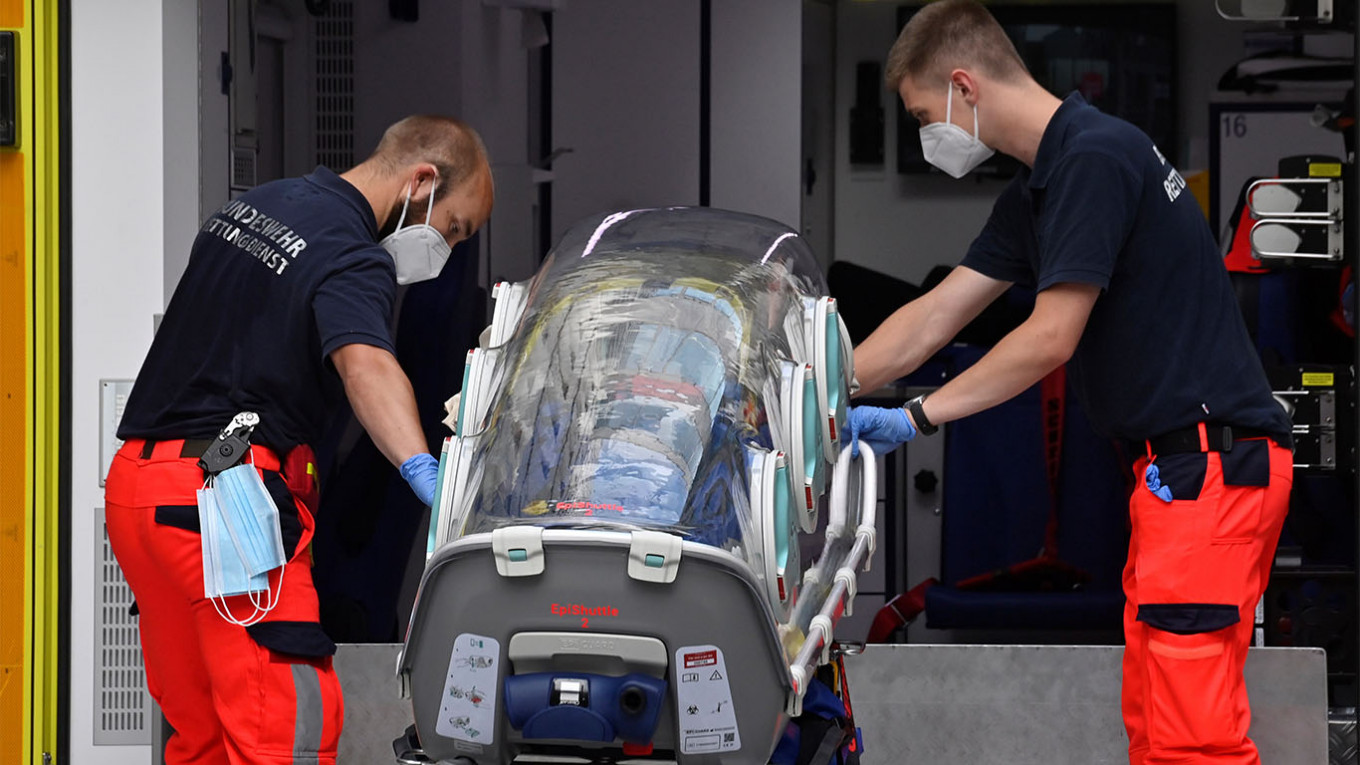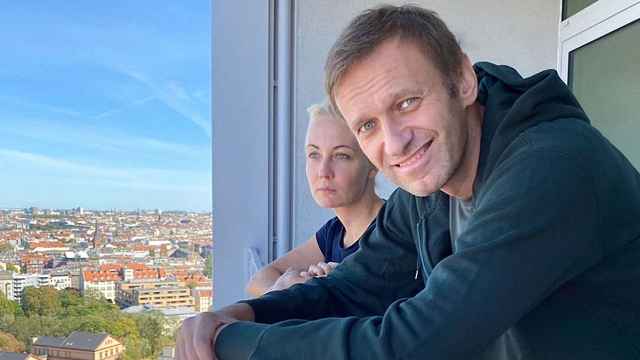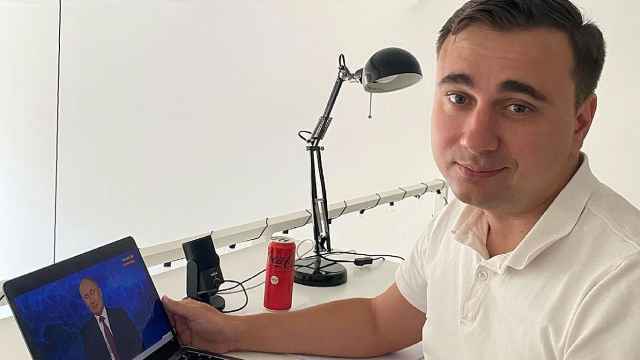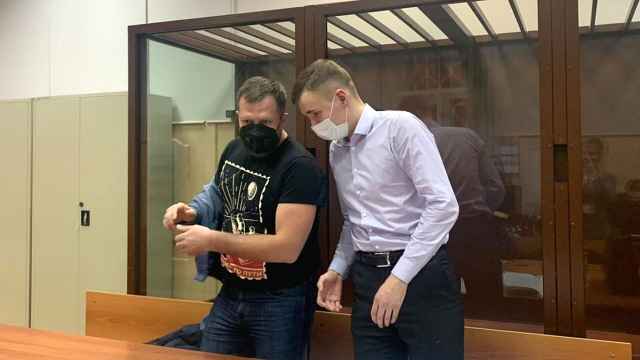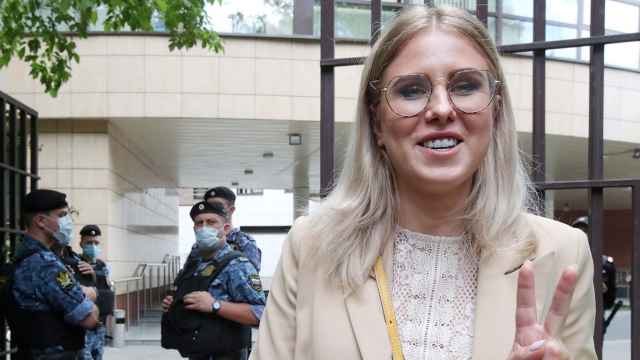Germany on Monday urged Moscow to step up its efforts to investigate the apparent poisoning of opposition leader Alexei Navalny who is currently being treated at a Berlin hospital in a coma.
Foreign Minister Heiko Maas said in a special address to French ambassadors in Paris that Europe needed "constructive" relations with Russia for the sake of the continent's own security but it was clear now that "dark clouds" were hanging over bilateral ties.
"Of course we have the expectation that Russia should contribute more to clearing up of the Navalny case than it is doing at the moment," he said alongside French counterpart Jean-Yves Le Drian.
Berlin's renowned Charite hospital said on Friday there was "some improvement" in Navalny's condition but the 44-year-old nevertheless remains in a medically induced coma and on a ventilator.
Navalny fell ill after boarding a plane in Siberia earlier this month. He was initially treated in a local hospital before being flown to Berlin for treatment.
Charite doctors said they believed the anti-corruption campaigner was poisoned with a substance that inhibits the cholinesterase enzyme, a feature of nerve agents.
Navalny's allies say he may have been poisoned by a cup of tea he drank at Tomsk airport in Siberia.
But the Russian doctors who first treated Navalny said their tests did not find any toxic substances, and the Kremlin has rejected international calls for an investigation.
A Message from The Moscow Times:
Dear readers,
We are facing unprecedented challenges. Russia's Prosecutor General's Office has designated The Moscow Times as an "undesirable" organization, criminalizing our work and putting our staff at risk of prosecution. This follows our earlier unjust labeling as a "foreign agent."
These actions are direct attempts to silence independent journalism in Russia. The authorities claim our work "discredits the decisions of the Russian leadership." We see things differently: we strive to provide accurate, unbiased reporting on Russia.
We, the journalists of The Moscow Times, refuse to be silenced. But to continue our work, we need your help.
Your support, no matter how small, makes a world of difference. If you can, please support us monthly starting from just $2. It's quick to set up, and every contribution makes a significant impact.
By supporting The Moscow Times, you're defending open, independent journalism in the face of repression. Thank you for standing with us.
Remind me later.


